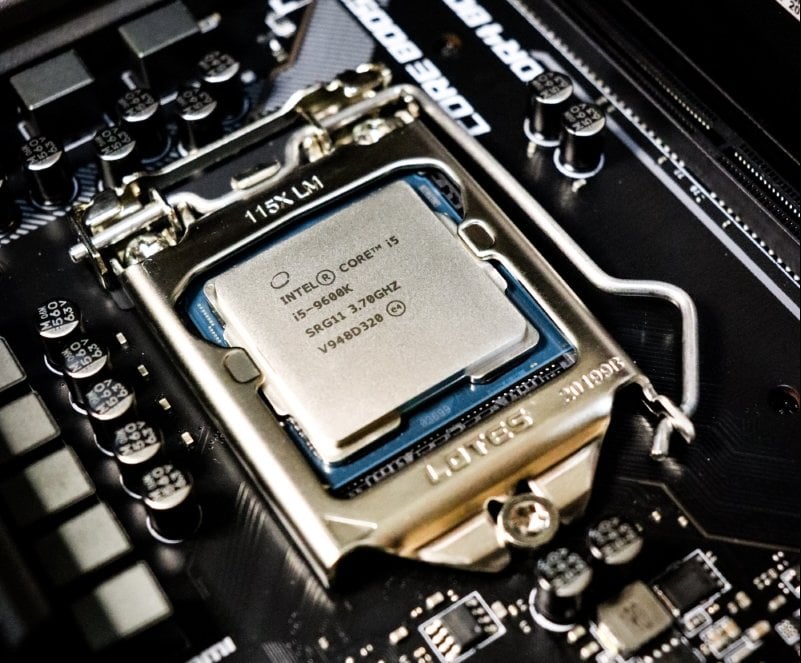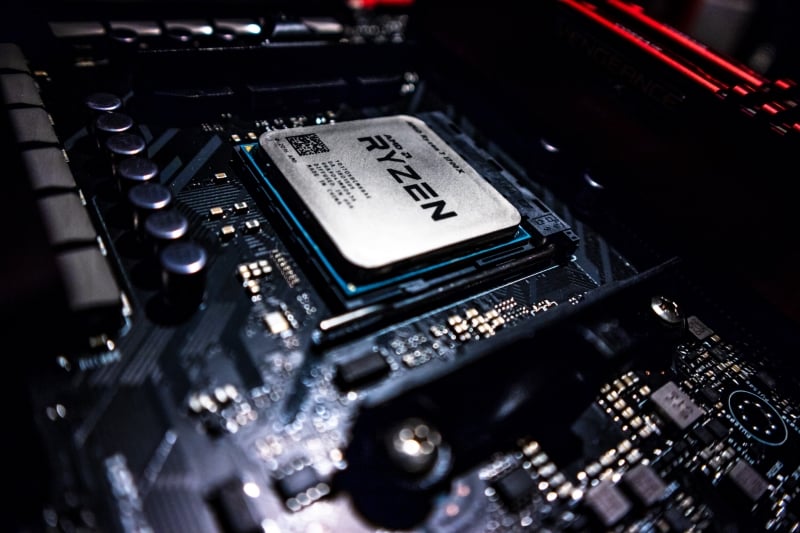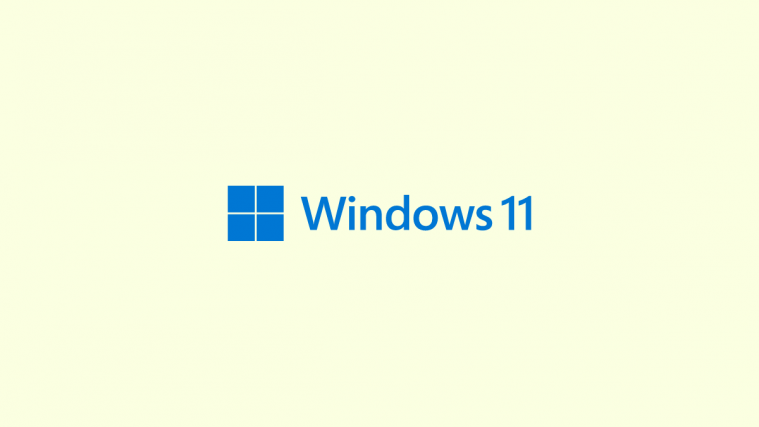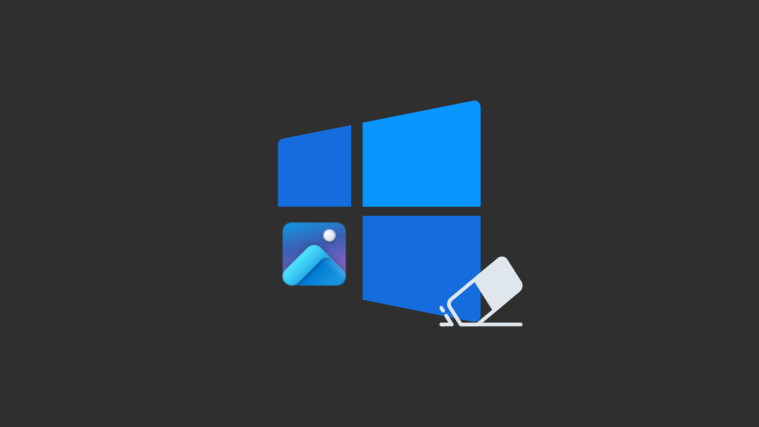Microsoft recently held its Windows 11 event to some great reception. The company announced the new OS along with a slew of upcoming features that have everyone excited. In addition to this, Microsoft also released some confusing guidelines regarding the Windows 11 system requirements which have been already making many users nervous. At first, it seemed that no older CPUs or systems will be able to upgrade to Windows 11, but have things changed now? Let’s find out!
Windows 11 Minimum System Requirements

Windows 11 has the following system requirements to run properly on any modern system. These requirements are soft guidelines at best and are intended for the Windows 11 installer. However, the OS should be able to install on systems that barely meet the requirements with a simple warning.
- CPU: 1GHz or faster with 2 or more cores on a compatible 64 bit SOC
- RAM: 4 GB
- Storage: 64GB or higher
- Graphics card: Compatible with DX12 or higher and WDDM 2.0 driver
- Others: 720p display with at least 8 bits color channel, Secure boot, UEFI, TPM
In addition to this, if you wish to install the Microsoft Windows 11 home edition on your system then you will need an active internet connection to complete the first-time setup. You will also need a Microsoft account to be able to set up the Windows during the OOBE.
Windows 11 Secure Boot & TPM requirements
Windows 11 also has some new requirements in terms of hardware. The new OS will now require TPM and Secure Boot enabled systems or else it will not complete the install process. Secure boot is a protocol that helps your OEM verify all the hardware, drivers, and other utilities installed on your system. TPM or Trusted Platform Module is a small microcontroller on your motherboard that stores encrypted passwords and Windows Hello data.
While TPM has been a part of modern systems for quite some time now, and Windows 10 has been using it for the past 4 years, but this use hasn’t been exclusive. Windows 11 is going to make the TPM requirement exclusive which means older systems without a TPM will be incompatible with the upcoming release.
Additionally, there were reports that TPM 1.2 was enough to get Windows 11 working but as time passed, more and more people encountered issues and many came to the conclusion that TPM 2.0 would be needed. There is, however, no clarification regarding this from Microsoft’s end so we will have to wait and watch.
Which CPUs are supported by Windows 11?
The following data should help clarify which generations from each manufacturer are supported by Windows 11 in terms of CPUs.
Intel

Intel processors that are 8th gen or higher will support Windows 11. Older generation processors will be incompatible with the upcoming release. In addition to this, Intel Celeron and Atom processors that are Appollo Lake or higher will also be supported by Windows 11. Intel Xeon and server processors will also be getting the upgrade, you can check out the entire list of supported CPUs below to check for your make and model.
AMD

AMD CPUs running on the ZEN+ architecture will support Windows 11. This means that Ryzen 2000 series, 3000 series, 4000 series, and 5000 series, Threadripper 2000, 3000, and 3000 Pro series, as well as Epyc 2nd and 3rd gen CPUs, will all support Windows 11. You can also verify the same by using the entire list of supported AMD CPUs linked below. If your CPU’s model number shows up in this list, then Windows 11 is supported by your CPU.
Your CPU isn’t supported; What you can you do?

There is not much you can do in terms of an incompatible CPU. As the restriction is placed on the installer, you won’t be able to even run the setup for Windows 11 on your system. However, you can try modifying a Windows 10 ISO with the Windows 11 ‘install.wim’ to get the OS installed on your system. This will essentially use the Windows 10 installer, configuration, and requirements, but install the new Windows 11 on your system. You can use this comprehensive guide by us to easily modify a Windows 10 ISO.
However, if the modified ISO does not work for you, then your only option would be to upgrade your system with a new CPU. This will be feasible and most cost-effective for desktop users. However, if you’re a laptop user, then you will have to purchase a new laptop altogether. Microsoft has partnered with various manufacturers to introduce thin and light Windows 11 machines. You can opt for one of these units or find one on your that meets the system requirements for Windows 11.






I had tried Windows 11 on a lot of different OLD, really OLD CPUs, also some from more than ten years, also on AMD like TURION (two cores), etc.
If you try to install Windows 11 over the real hardware it fails saying that the CPU’s are not supported.
But if you create a VirtualBOX virtual machine over that OLD, very OLD CPU’s, install Windows 10 (ten,yes ten) with latest Windows Updates and then add to the regristry the keys to ignore TMP and SecureBoot … surprise … Windows 11 setup runs and install Windows 11 … and again surprise … Windows 11 runs perfectly inside that VirtualBox machine over the CPUs that are not supported.
So why that processors are not supported? That is a mistery … and thanks to that idea of modifing the Windows 10 install media (replace boot.wim and install.wim files of Windows 10 install media with Windows 11 Install media) … what a surprise … over the real hardware on such OLD, very OLD unsupported CPUs, Windows 11 not only installs well (ok, Windows 11 is really installed by Windows 10 installer), … again surprise … Windows boots OK and runs fine … on real old, very old unsupported CPUs without TMP and without SecureBoot (and also in BIOS boot mode, no need to have UEFI system).
So the question is again… why or who is lying so much … Windows 11 can run perfectly on real OLD, very OLD CPU’s, no need for TPM, SecureBoot, UEFI, etc.
And guess what … some of such OLD real hardware computers has only 2 GiB of RAM (since the installer was Windows 10 installer, there is not such 4GiB RAM minimun limit) and they can run well the Windows 11 HOME and the Windows 11 PRO over the real hardware… and guess … a clean install only uses 1.8 GiB of RAM after booted … so why on the hell that 4GiB limit?
Note all questions are to denote, that such (ALL) limitations imposed are there for no REAL reason, just to make people to buy new hardware.
The oldest computer, with 2GiB RAM (that is the max that the motherboard supports) boots in less than 3 minutes with an old rotational PATA (IDE, not SATA) 2.5 HDD of 120GiB and Windows 11 is smooth, not much more smooth than Clean Windows 10, but looks like it is a little bit faster.
I hate this ‘limitations’ imposed to just make people buy new hardware … do any one else hate them? I think all users … that is why i share my ‘tests’ … every time i see ‘this will not work on XYZ’ i try to make it work on ‘XYZ’ to test such affirmations … with Windows 11 it is hilarious… if you can run Windows 10 (64Bits), then there is no real reason why you can not run Windows 11, except that M$ do not want you to know this and want you to buy new hardware … hilarious reasons to not say it with bad(offensive words (the offensive is putting such limitations when they are not).
Version tested: Windows 11 22000.100
I agree with Anonymous. Looks like it’s some kind of partnership with Intel and other companies to sell new hardware. I got a 2019 gaming laptop with intel 7700HQ (8th generation came out in 2018) and meet all requirements but it’s not supported.
If not to push hardware sells (which is the most probable reason, despite they are saying it’s for security and blah blah), then the only possibility is they haven’t tested enough with older CPUs, so maybe with some updates or the first service pack there are going to be more supported CPUs.
I have a self made computer with an ASRock Z170 extreme7+ and a Sky lake i5 6500 CPU which is not supported by windows 11 but I do have a TPM2 module, secure boot, over 4 GB ram and greater than 64GB storage .I downloaded the ISO from microsoft web site put it on a usb pen drive and installed it without any problems. There was no notices of any incompatibility every thing was fine.
Devilment made me try to reinstall windows 11 over the top by clicking setup in file manager ,it started ok but just before the computer was about to reboot the message came that my CPU was not compatible strange that it did not say that when I first installed it